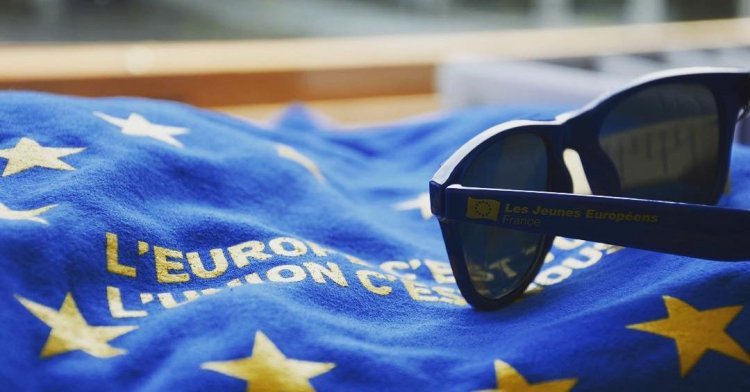Having achieved a high degree of sustainable economic convergence, and consequently met the convergence criteria laid down by the Maastricht treaty, Malta is now undergoing rapid changes and developments to undergo another monetary changeover. At first, the evolution from the British pound to the Lira, and now to the Euro left many Maltese weary and bewildered on the subject. “Why should we change to Euro now that the Lira has become stronger?” was a popular question on the islands.
Euro Changeover
However, this change which seemed to muddle people until a few months ago is now widely accepted and mostly welcomed by those who have become well informed. How has this been done? The government set up a national Euro Changeover Committee (NECC) aiming to ensure a smooth euro changeover which would benefit society at large. The path was not an easy one given that this would be the second economic changeover since WWII.
Many are looking forward to the final step in our economical evolution. The Euro opens our doors to more trade, more jobs and investments. Malta will also benefit from macroeconomic stability, low inflation and low interest rates, which are both preconditions for long-term economic prosperity, jobs, and investment. With the disappearance of exchange rate costs, Maltese enterprisers will also save costs. All of which are more than essential for such a small island with limited resources.
Size matters?
Malta’s small size made it easier to for the committee to stress on price stability. To do this one "euro assistant" was allocated to every business participating in FAIR to answer any queries or doubts put forward by the business in question. NECC representatives are trying to visit all the shops on the islands to further implement this initiative.
Various instruments were used: Dual display of prices is now a consumer right. Malta is only the fifth county to legally oblige shops to display prices in both country’s currency and euro. Further to this, Malta has made it mandatory for shops to dual display for 12 months in total (6 months before and 6 months after changeover).
Implementation of such system is not the only consumer right related to the changeover, but consumers also reserve the right to report any lack of compliance with the law. This has facilitated comparisons with the euro pricing as from 1st January 2008.
The Euro opens our doors to more trade, more jobs and investments.
Following the FAIR initiative, participating businesses committed themselves to refrain from increasing their prices due to the euro changeover, and legislation and enforcement structures ensure that businesses honour their FAIR commitments. By August 2007, just under 6,000 business entities were awarded the FAIR trust mark. Fines up to Lm750 (€1747) and Lm 75 (€174.70) daily can be imposed by law if the FAIR commitment is not observed. Price watch monitors pricing trends in both the goods and services sectors.
Monitoring
How exactly is this being monitored? Following a consultation with a representative of the NECC, I was informed that “in January 2007, the NECC initiated a co-funded project to monitor and analyse prices through a series of anonymous “mystery shopping” exercises. Already, two shopping exercises have been concluded, and results are currently being analysed. The findings of each exercise will be made public through the media.”
FAIR is fair enough. It however remains to see whether the changeover will ultimately affect our prices. Notwithstanding FAIR commitments, some shop keepers may be hiking prices. International pressures are felt everywhere, costs of oil, wheat, and other commodities are currently going up. At present the increasing cost of living overseas is causing an increase in the prices locally. To the uninformed the changeover from Lm to Euro is being blamed for local increase in prices.
Euro information is available daily on printed and audiovisual media, adverts, in fairs, seminars, and conferences. It has even got its own calendar, stationery, website (www.euro.gov.mt) and its own publications namely “The Euro Times”, and “L-Ewro fuq l-Għatba”(The EURO on the Doorstep). Linja Ewro 154 (euro line 154) is a public help line dedicated to respond to any complaints against organisations, and for any literature requests made by the population in general. By the end of July 2007, around 11,000 queries or complaints have been logged and acted upon by the NECC.
The Euro is not solely our passport to the Euro zone, but also our portal to the integrated EU. As from January 1 2008 the Euro will be our currency too!!


Follow the comments: |
|
